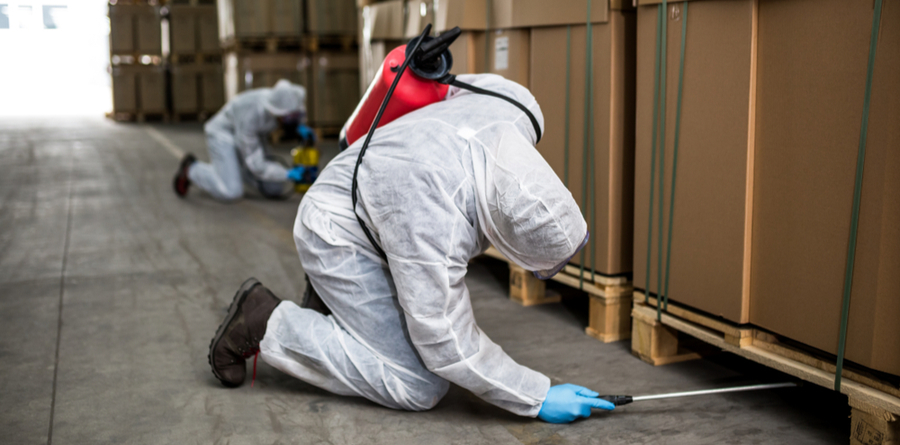Image Source: Google
Food safety is a paramount concern for consumers, especially in today's interconnected world where products often travel long distances before reaching our plates. Ensuring that the food we eat is safe and free from harmful contaminants requires a comprehensive system of checks and balances. This is where food safety inspection services play a crucial role in safeguarding public health and well-being.
The Importance of Food Safety Inspection
Food safety inspection services are responsible for monitoring and regulating various stages of food production, processing, and distribution to minimize the risks associated with foodborne illnesses. By implementing rigorous standards and guidelines, these services help to prevent contamination, diseases, and outbreaks that can have serious consequences for consumers.
Key Components of Food Safety Inspection Services
- Inspection of Food Production Facilities: Food safety inspectors visit farms, processing plants, and other food production facilities to ensure that proper hygiene practices are being followed and that food is being handled safely.
- Testing of Food Samples: Samples of food products are regularly taken and tested for pathogens, pesticides, and other contaminants to verify their safety for consumption.
- Regulatory Compliance: Food safety inspection services enforce regulations and guidelines set by government agencies to prevent foodborne illnesses and ensure consumers are protected.
- Traceability Systems: These services track the journey of food products from farm to fork to quickly identify sources of contamination in case of a food safety issue.
The Role of Food Safety Inspection Services in Ensuring Consumer Protection
Prevention of Foodborne Illnesses
Food safety inspection services play a critical role in preventing foodborne illnesses by identifying and eliminating potential hazards in the food supply chain. Through regular inspections and testing, these services can detect contamination early and take necessary actions to protect consumers.
Building Consumer Trust
By ensuring that the food we eat meets high safety standards, food safety inspection services help build consumer trust in the food industry. Consumers can have confidence that the food they purchase is safe and free from harmful substances, leading to a healthier and more secure food supply.
The Challenges Faced by Food Safety Inspection Services
Globalization of Food Supply
With the increasing globalization of the food supply chain, food safety inspection services face challenges in monitoring and regulating food products that cross international borders. Cooperation and coordination among countries are essential to address these challenges and ensure the safety of imported foods.
Emerging Food Safety Risks
Rapid changes in food production technologies and practices have led to the emergence of new food safety risks that may not be adequately addressed by current inspection systems. Food safety inspection services need to adapt and evolve to keep pace with these developments and protect consumers from evolving threats.
Conclusion
Food safety inspection services are a vital component of the food supply chain, working tirelessly to protect consumers from foodborne illnesses and contamination. By implementing strict standards, conducting regular inspections, and enforcing regulations, these services ensure that the food we eat is safe, wholesome, and free from harm. Consumers can have peace of mind knowing that their health and well-being are safeguarded by dedicated food safety inspection professionals.

